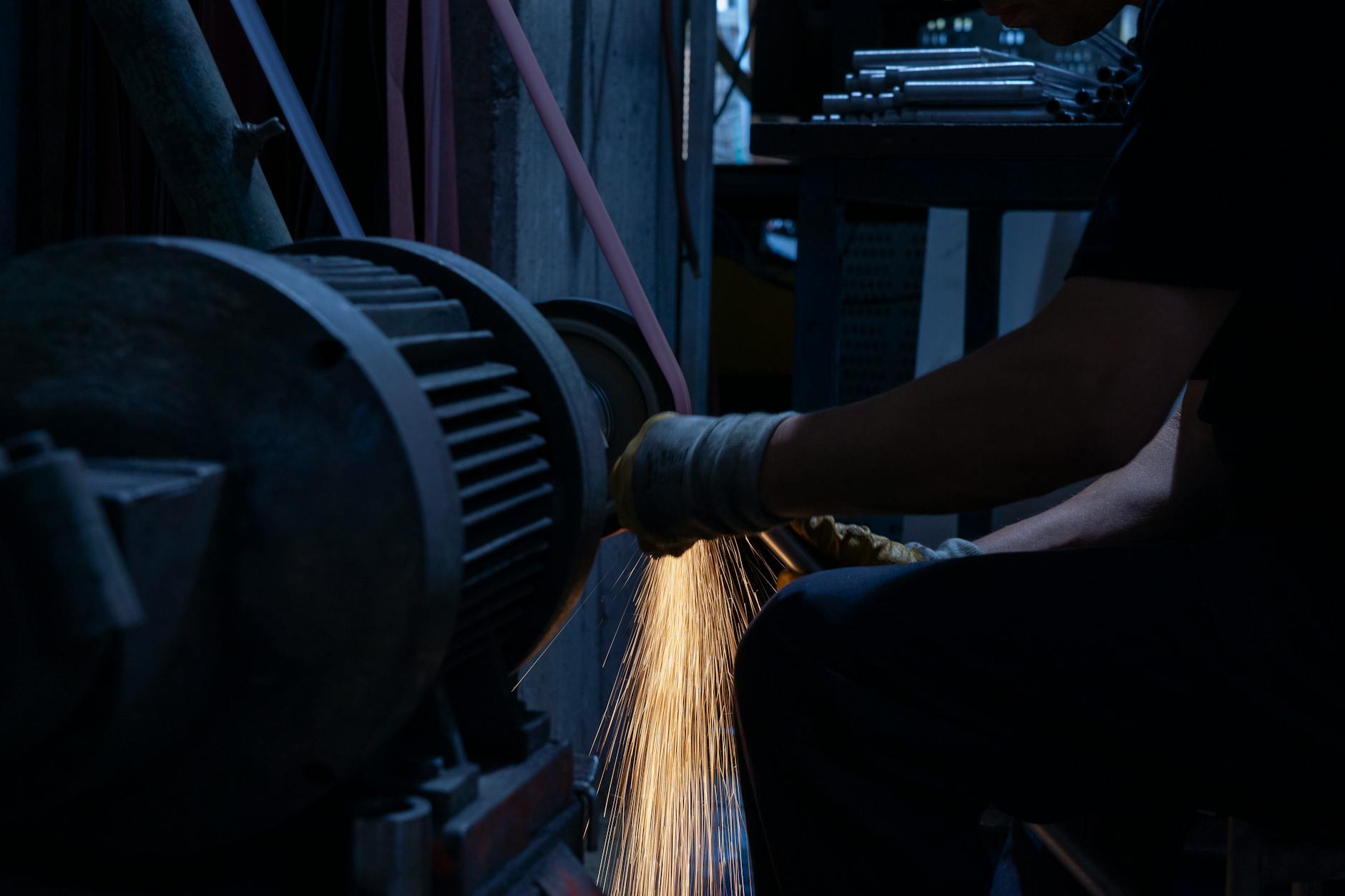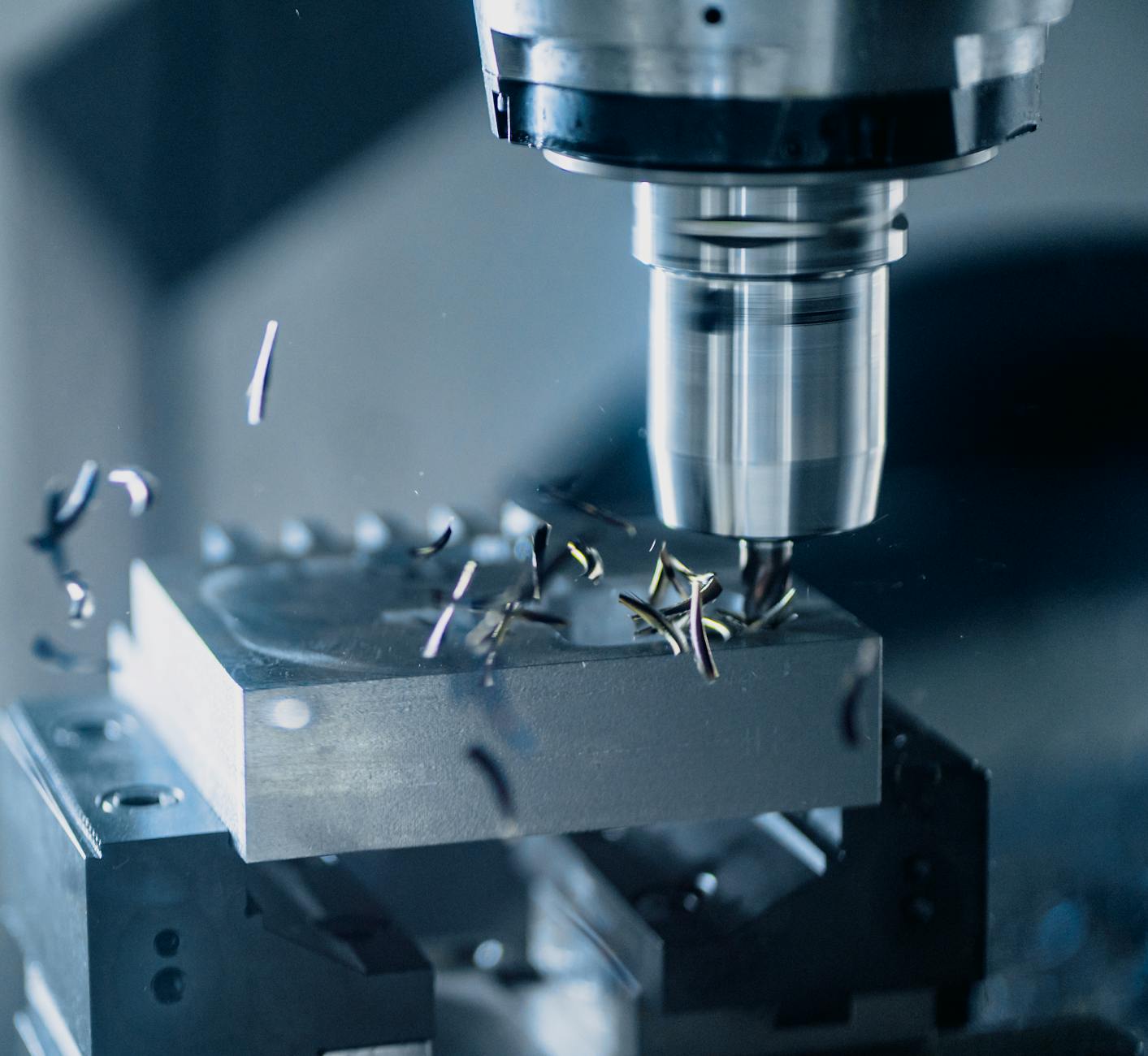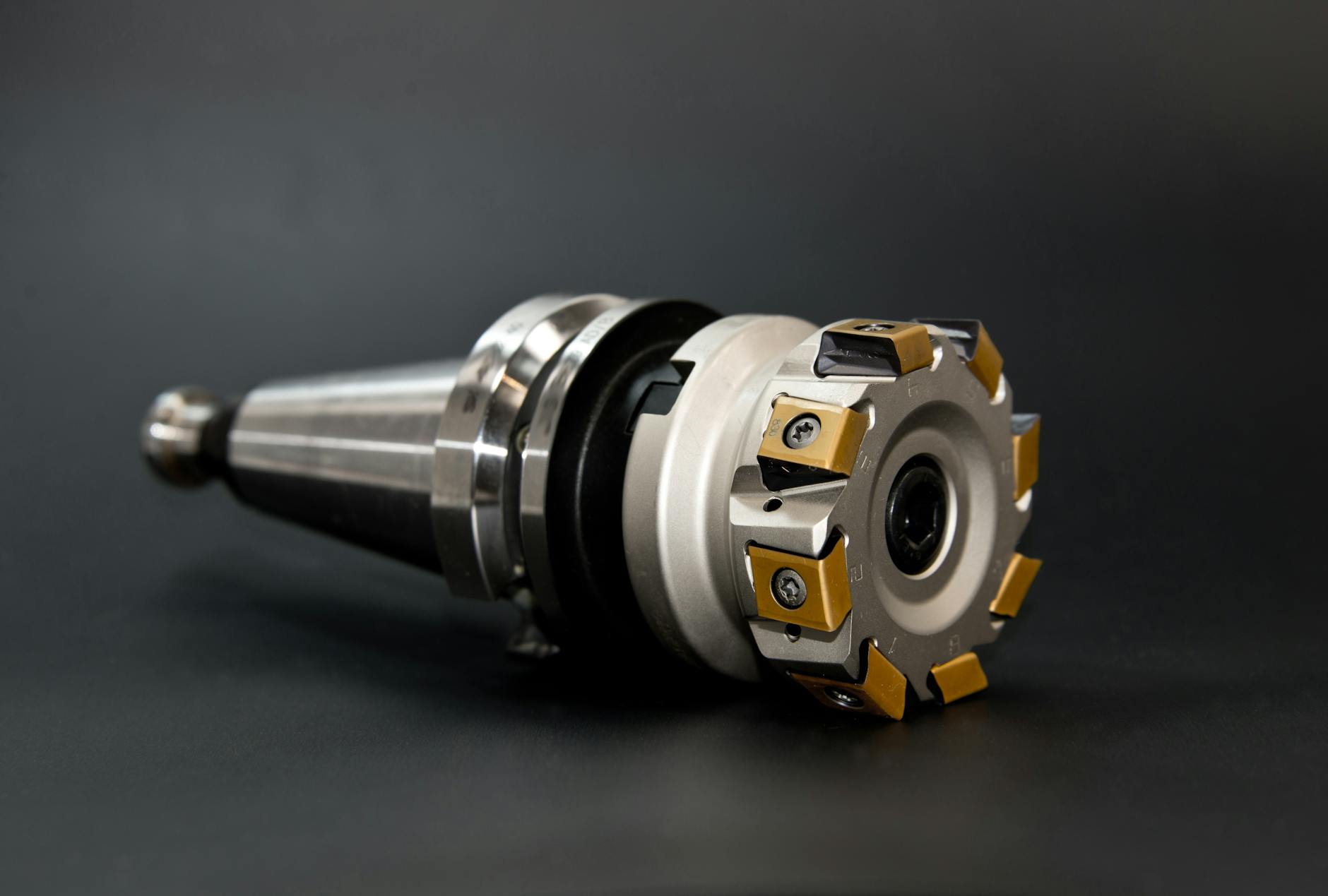

Unleashing Potential: Milling Machine Mastery for Precision Results
Introduction
In the world of metalworking, precision is paramount. From crafting intricate components to shaping robust structures, the art of machining plays a pivotal role in various industries. Among the array of tools available, the milling machine stands out as a versatile powerhouse capable of transforming raw materials into finely detailed masterpieces. Let's delve into the realm of milling machines, unlocking the secrets to achieving precision results that push boundaries and unleash untapped potential.
Precision tools are the backbone of any machining operation. From lathes to CNC machining centers, these tools enable machinists to sculpt, shape, and refine workpieces with extraordinary accuracy. When it comes to milling machines, the ability to control parameters such as speed, feed rate, and depth of cut is crucial in achieving the desired level of precision. By harnessing the capabilities of modern machining centers, manufacturers can elevate their fabrication processes to new heights of excellence.
In the realm of metalworking, mastery of the milling machine opens doors to a world of precision and innovation. By embracing the art of machining, honing your skills, and leveraging cuttingedge technologies like CNC machining centers, you position yourself at the forefront of a dynamic industry driven by creativity and excellence. So, step onto the shop floor, fire up that milling machine, and unleash your full potential as a machinist extraordinaire.
FAQs
1. What makes milling machines essential in metalworking? Milling machines are essential due to their versatility in shaping workpieces with precision, making them indispensable tools in the field of metalworking. 2. How does CNC machining differ from traditional machining methods? CNC machining utilizes computercontrolled systems to automate machining processes, offering enhanced precision and efficiency compared to traditional methods. 3. Why is precision important in metalworking? Precision is crucial in metalworking as it ensures that components fit together seamlessly, leading to highquality end products and minimizing waste. 4. What role do tolerance levels play in machining operations? Tolerance levels dictate the allowable deviation in dimensions during machining, influencing the accuracy and quality of the final product. 5. How can aspiring machinists improve their skills and expertise? Aspiring machinists can enhance their skills by practicing on a variety of machines, staying updated on industry trends, and seeking mentorship from experienced professionals.
